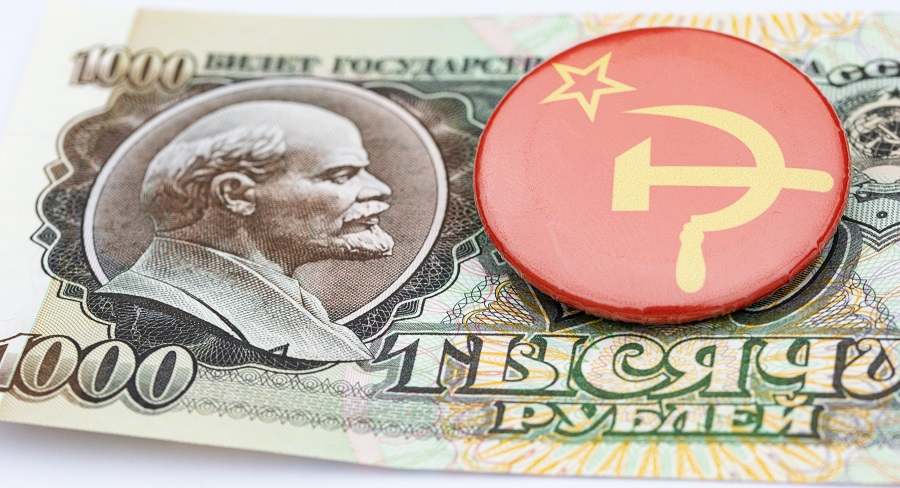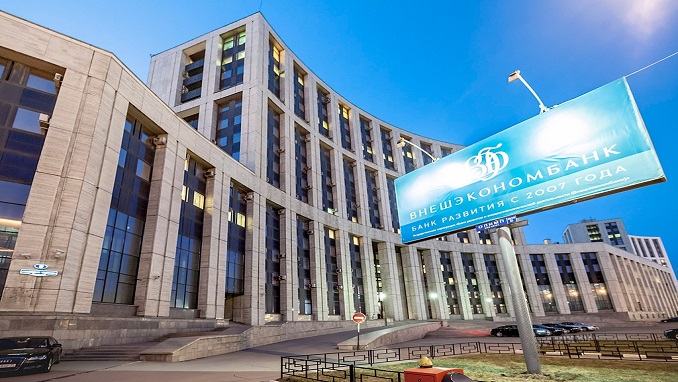According to persons familiar with the situation, Kazakh financial institutions have been purchasing Russian government debt from investors at a significant discount as they were unable to leave the market due to sanctions and other limitations put in place following the invasion of Ukraine, Bloomberg reported. The persons, who asked not to be identified since the information is confidential, said that several Kazakh brokers and banks recently purchased or offered Russian government securities, including so-called OFZ bonds.
The persons, who declined to be identified because they spoke on the condition of anonymity, said that when the debt is registered with a Kazakh clearing house, purchasers are then able to receive a coupon and principal payments.
At a time when some foreign investors are burdened with ruble debt worth billions of dollars, the workaround enables Kazakh enterprises to quickly generate profits for themselves and their clients. Numerous limitations hinder outsiders from “raising coupons and capital,” while local investors can get payouts inside the nation.
To decide whether businesses may record capital gains on their books, the Kazakh regulator looks at bond quotations on the Russian market.
According to statistics from the Moscow Stock Exchange, the price of OFZ securities in Russia with ten-year maturities has virtually reached par, indicating that investors are not anticipating losses. When Bloomberg News reported in August that companies like Barclays Plc were aiding an increase in debt trading, the financial institutions were making offers in the region of 20–25 kopecks per ruble.
An inquiry for comments was not answered by the financial watchdog in Kazakhstan. Kazakhstan’s Central Securities Depository stated that it was unable to reveal information on bond registrations made by local brokers.
However, the amount of registered Eurobonds and OFZ debt instruments issued by the Russian Treasury has increased by a factor of a hundred in just eight months, with their combined worth on November 1 at the time being close to $800 million at the time.
The highest increase in registrations occurred in September when they went from 13 to 33 problems, according to an email response from the Almaty-based custodian.
Because their nation has maintained its economic and commercial links with Russia while refusing to support the conflict or recognize the takeover of Ukrainian territory, Kazakhs are able to negotiate a split market that has developed for ruble borrowing.
On the other hand, a large number of foreign investors owning government bonds denominated in rubles are now left with bonds on which they are no longer able to collect interest payments from outside Russia. With a sale, they may receive at least some value in return.
According to the Central Bank of Russia, the proportion of foreigners in the OFZ bonds market has stabilized at around 18% after declining in the aftermath of the invasion, hitting 2.7 trillion rubles ($39 billion) in October.
Due to international sanctions that prevented payment to foreign creditors, Russia went into default on its external government bonds at the end of June. Moscow has asserted that it has the resources and the will to make payments to bondholders who are still able to access Russian rubles.



